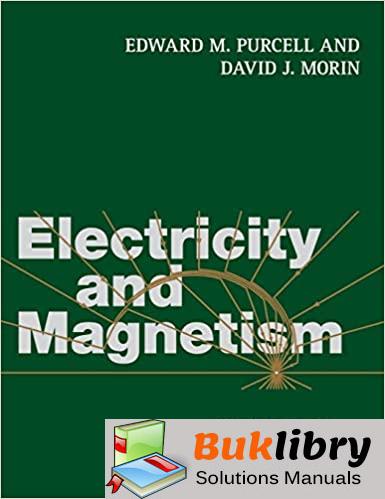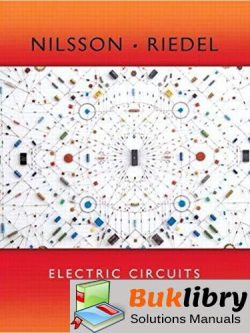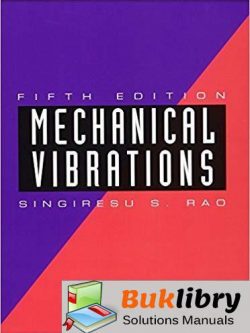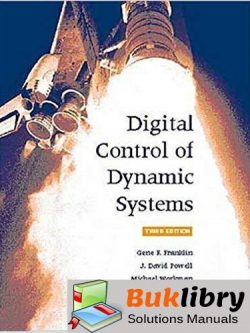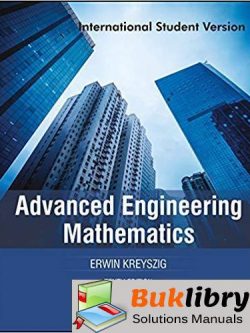Book Details
For 50 years, Edward M. Purcell's classic textbook has introduced students to the world of electricity and magnetism. The third edition has been brought up to date and is now in SI units. It features hundreds of new examples, problems, and figures, and contains discussions of real-life applications. The textbook covers all the standard introductory topics, such as electrostatics, magnetism, circuits, electromagnetic waves, and electric and magnetic fields in matter. Taking a nontraditional approach, magnetism is derived as a relativistic effect. Mathematical concepts are introduced in parallel with the physics topics at hand, making the motivations clear. Macroscopic phenomena are derived rigorously from the underlying microscopic physics. With worked examples, hundreds of illustrations, and nearly 600 end-of-chapter problems and exercises, this textbook is ideal for electricity and magnetism courses. Solutions to the exercises are available for instructors at www.cambridge.org/Purcell-Morin.
About the Author
Edward M. Purcell (1912–97) was the recipient of many awards for his scientific, educational and civic work. In 1952 he shared the Nobel Prize for Physics for his independent discovery of nuclear magnetic resonance in liquids and in solids, an elegant and precise way of determining chemical structure and properties of materials which is widely used today. During his career he served as science advisor to Presidents Dwight D. Eisenhower, John F. Kennedy and Lyndon B. Johnson.
David J. Morin is Lecturer on Physics and Associate Director of Undergraduate Studies in the Department of Physics, Harvard University. He is author of the textbook Introduction to Classical Mechanics (Cambridge University Press, 2008).
